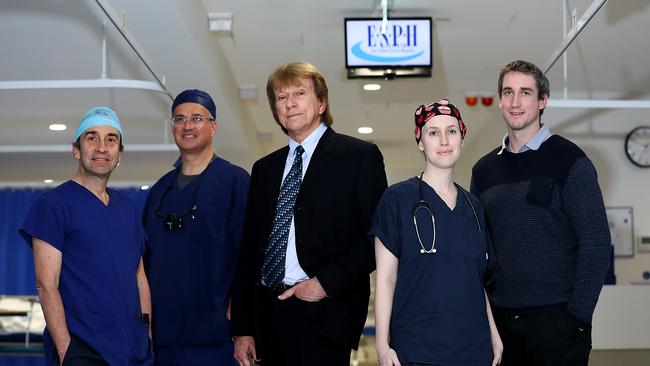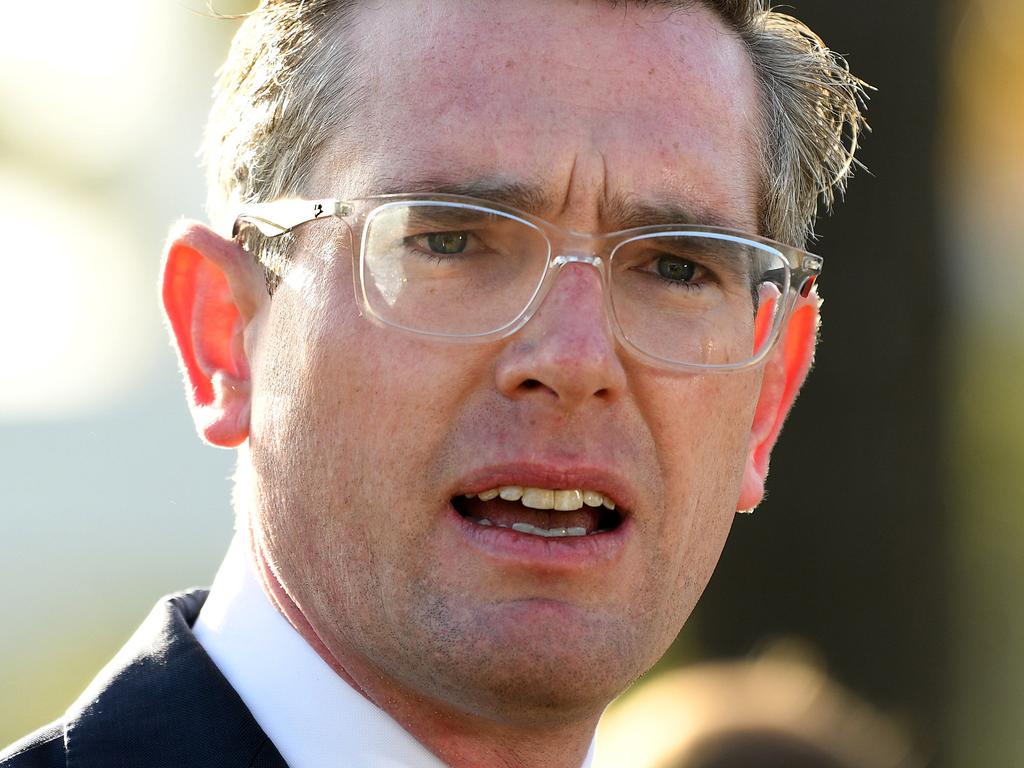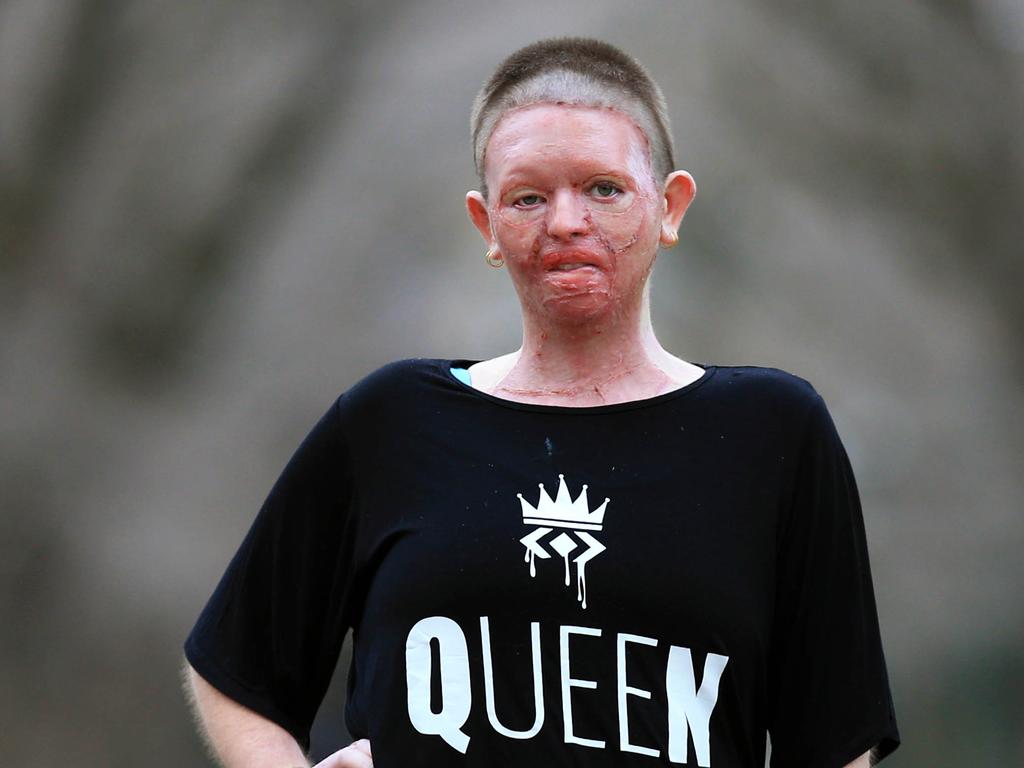Medibank acquires stake in Sydney hospital to create a ‘sea-change’ in tackling out-of-pocket costs
Australia’s biggest private health insurer has started investing in hospitals to combat spiralling out-of-pocket costs.

Australia’s biggest health insurer Medibank has made its first foray into hospital ownership in an effort to combat spiralling out-of-pocket costs and reverse the trend of Australians ripping up their health insurance policies.
Medibank has secured a 49 per cent stake in East Sydney Private Hospital in Woolloomooloo — which was established in 2014 and specialises in orthopaedic surgery — in an $8.8m deal.
Medibank group executive healthcare and strategy, Andrew Wilson, said the investment was part of the insurer’s strategy to eliminate out-of-pocket costs, which are the bugbear of many with health insurance — even those with the highest cover.
Dr Wilson said the model was doctor-led and focused on shortening the hospital stays for patients, allowing them to recuperate in their own home, where they would receive follow-up care from a multidisciplinary team, including nurses and allied health professionals such as physiotherapists.
While hospital fees normally involve no out-of-pocket costs, given private hospitals charge rates negotiated with health insurers, the rates of doctors and their surgical teams vary considerably, as they aren’t employees of the hospital and operate their own businesses.
The out-of-pocket fees from surgical teams can be more than $3000 for a procedure in capital city markets, leading many to question the value of their health insurance policies.
Dr Wilson said Medibank’s short-stay model and investment in East Sydney — a 32-bed hospital with five operating theatres — aimed to eliminate out-of-pocket costs by reallocating money that would normally go into lengthy hospital stays.
“We have been working on zero out-of-pocket costs for joint replacements for a while now. We have a contract with East Sydney (Private Hospital) which predates the investment in the hospital, and we are doing that with a number of hospitals around the country,” Dr Wilson said.
“The model is predicated on a shorter length of stay and that’s why we are particularly excited about the relationship with East Sydney because that can facilitate it.
“Essentially we can redistribute the money, the costs associated with the procedure because of the shorter stay in hospital. There is a strong focus there on outpatient rehabilitation that they need as opposed to inpatient rehabilitation and that allows us to develop contracts with the doctors that facilitate this zero out-of-pocket for all medical costs.”
For example, a hip replacement in a traditional hospital setting includes about five days in the acute ward and about half of all patients spend another nine days in rehabilitation. This can cost more than $30,000, with another $2000 to $3000 or more in out-of-pockets for a patient.
Dr Wilson cited European studies that show day-case joint replacements have similar safety outcomes — such as readmissions, infection and complication rates — and effectiveness as conventional longer stays for knee and hip replacements.
A Danish study found 54 per cent of patients could be appropriate for discharge on the same day of surgery, while “fast-track programs” implemented at eight Swedish hospitals cut the median length of stay from five to three days for hip and knee replacements.
While negotiations between private health insurers and private health providers can be robust and complex, Dr Wilson hopes other hospitals and doctors will adopt the model. But he also said Medibank was looking to invest further in hospital ownership.
Opportunity
“Where there is an opportunity to help the doctors and the hospital with capital and equipment we’re very happy to invest but we’re also happy to contract with other hospitals, whether they be other short-stay hospitals or with the larger overnight hospitals.
“We want this to be a sea-change in the way surgery is carried out in this country because the prime issue that we are all concerned about is affordability to consumers. This isn’t about Medibank’s bottom line, it’s about premium increases and making private health insurance more affordable to Australians.”
Health insurers have been facing growing cost pressure as younger Australians withdraw their policies, with 11,176 people aged 25-29 and an additional 9565 aged 30-34 abandoning their cover, according to Australian Prudential Regulation Authority’s latest quarterly data.
East Sydney Private Hospital founder and medical director Peter Kalish said the 12 orthopaedic specialists the hospital has contracted had welcomed Medibank’s investment.
“Everyone is very excited about the deal. It brings tremendous positive aspects to our business over and above the short stay model,” Dr Kalish said.
“The funding will be used for operational costs and capital investments that we require to improve and expand various aspects of our business.
But primarily the short-stay program has been extremely well received by our surgeons. They see this as a huge benefit to the patient as well as to the general cost of the healthcare system and reducing healthcare premiums.”
Dr Kalish said operations performed under the short-stay model had been “extremely successful”. “These are patients who have gone home the following day. They come to a pre-operational clinic at the hospital so they know exactly what to expect.”








To join the conversation, please log in. Don't have an account? Register
Join the conversation, you are commenting as Logout